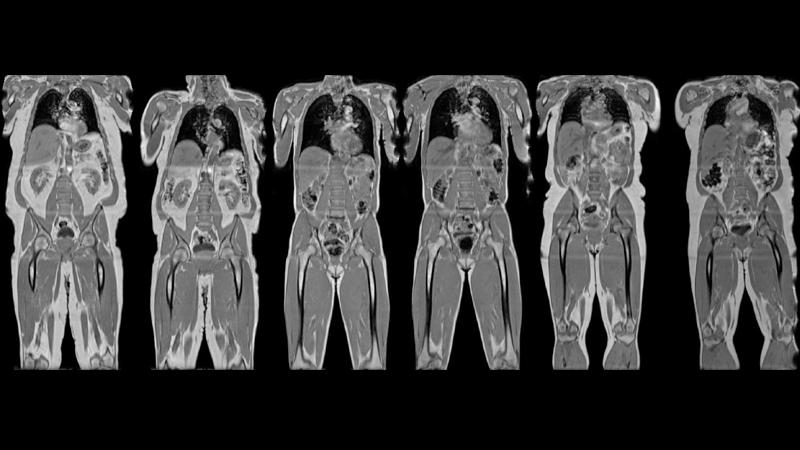New research led by academics from the University of Westminster reveals that after just two years, significant changes can be identified in the average person’s body composition, despite their body weight remaining unchanged.

Results found that visceral fat, which is stored inside the abdomen around the organs, and the fat stored in people’s muscles had increased, while no significant changes were observed in BMI, body weight or waist circumference over the scanning interval. Moreover, a significance decrease in grip strength was observed, as well as a statistically significant decrease in all skeletal muscle measurements. Overall, the team found that significant changes in body composition can take place even in a relatively short period of time.
Led by Dr Brandon Whitcher, Senior Imaging Scientist from the Research Centre for Optimal Health, the team of researchers set out to identify significant detrimental changes in body composition after two years. Analysing MRI body images from 3,088 UK Biobank participants scanned two years apart, the researchers measured the size, as well as the fat and iron content, of ten different organs and tissues, including fat and muscle. The UK Biobank is a large-scale database and research resource which contains in-depth genetic and health information from half a million UK residents.
The study was undertaken on free-living participants rather than involving an intervention such as a diet or exercise programme, allowing the researchers to identify what normally happens to the body even after a short period of time. While the gap between the scans in this study is relatively short, they detected changes that can clearly be regarded as detrimental, and the make-up of the body could be seen to be ‘becoming less healthy’.
The researchers hope that the study help to detect early age-related changes which are associated with the development of metabolic diseases, key components in accelerated ageing. Once a larger cohort is available, it could be possible to determine who is at risk of ageing faster and who may be more resilient to the ageing process.
Talking about the research, Louise Thomas, Professor of Metabolic Imaging and Co-Author of the study, said: “Through these findings we hope to encourage people to pay attention to their lifestyle in a more systemic manner; staying active and reducing wrong lifestyle choices should reduce risk of disease and decelerate the ageing process.”
Read the full paper in the Scientific Reports journal.


